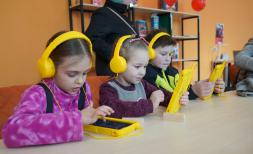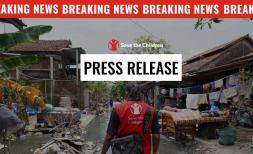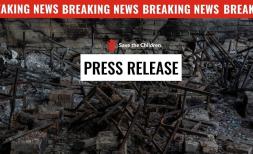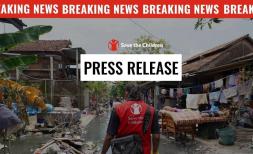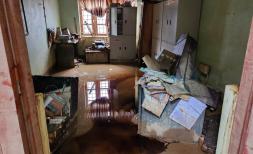Mozambique: Violence claims further lives in Cabo Delgado with children abducted by armed groups
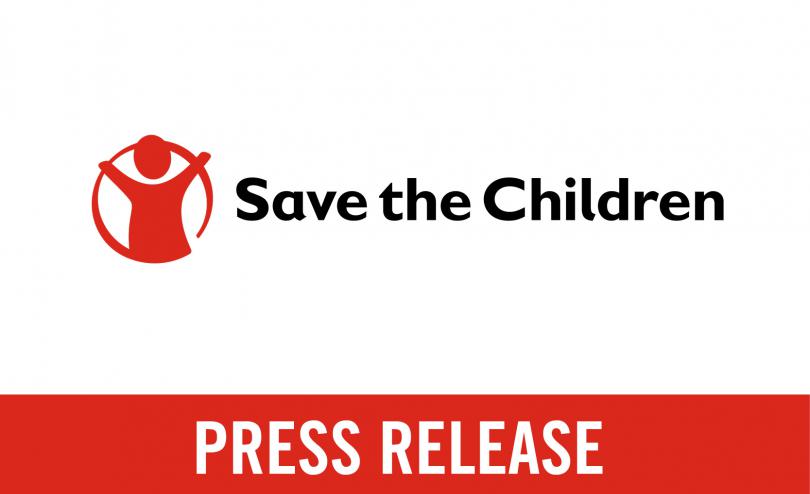
MAPUTO, 31 March 2022 – Violence is continuing to displace thousands of people in the province of Cabo Delgado in Mozambique, with reports of children being abducted by armed groups, one year on from attacks on the town of Palma that left dozens dead.
In February, at least seven children were abducted by armed men, including three girls and four boys. Save the Children fears that some of these children may be trained as soldiers, or used as wives.
Save the Children heard reports from families that in February armed groups attacked the village of Bangala 2, south of Palma. During the attack, armed men beheaded three men and kidnapped an unknown number of women, as well as setting two vehicles on fire. On the coastal island of Matemo, also south of Palma, another three people were killed, while women and children were kidnapped and their homes burned, said Save the Children.
In January, at least 14,200 people, including at least 6,800 children, fled their homes following further attacks. Save the Children said horrific violence - such as people being beheaded in their homes - is taking place in all districts in the north of the province and children are being directly recruited into armed groups.
Save the Children is particularly concerned that children are at high risk of long-lasting psychosocial damage due to the attacks and violence. Children are also continuing to live away from home – in cramped conditions with extended family, or in displacement camps – which lack basic services like health care or schools although some families are now attempting to move back home.
The battle of Palma – which started on 24 March and continued until 5 April 2021 – left dozens dead and displaced over 88,000 people. The violence was a turning point in the armed conflict in Cabo Delgado, galvanizing regional and international attention and leading to the deployment of troops to the region. However, a year on from the attacks, the humanitarian needs remain acute. At least 734,000 people have been displaced across the region, including nearly 360,000 children
Save the Children's Country Director in Mozambique, Brechtje van Lith, said:
“We have recorded stories of carnage witnessed by children against their parents and neighbours, creating traumas that will last for the rest of their lives. We are providing much needed humanitarian support to the displaced children and families in settlements and with host communities, which includes psycho-social support, education, nutrition, water and sanitation and protection services.
“We are scaling up our response to reach more people in hard-to-reach areas. Most of the displaced population cannot yet return to the areas of origin, where safe conditions are not assured. Our collective support remains critical.”
Save the Children is the leading INGO responding to the crisis in Cabo Delgado, reaching 302,024 people, including 173,902 children in 2021. This was through life-saving and life-sustaining support to internally displaced people, host communities and families, through child protection, education, health, nutrition, livelihoods and water, sanitation and hygiene interventions.
Save the Children has been working in Mozambique since 1986, and is one of the leading developments and humanitarian agencies in the country. Every year our programmes reach more than 1.8 million people directly in the sectors of health and nutrition, education, child protection, child rights governance, climate adaption and risk reduction.
ENDS
For further enquiries please contact:
Delfhin Mugo, Delfhin.Mugo@savethechildren.org;
Daphnee Cook, Daphnee.Cook@savethechildren.org;
Emily Wight, Emily.Wight@savethechildren.org;
Our media out of hours (BST) contact is media@savethechildren.org.uk / +44(0)7831 650409
Please also check our Twitter account @Save_GlobalNews for news alerts, quotes, statements and location Vlogs.
